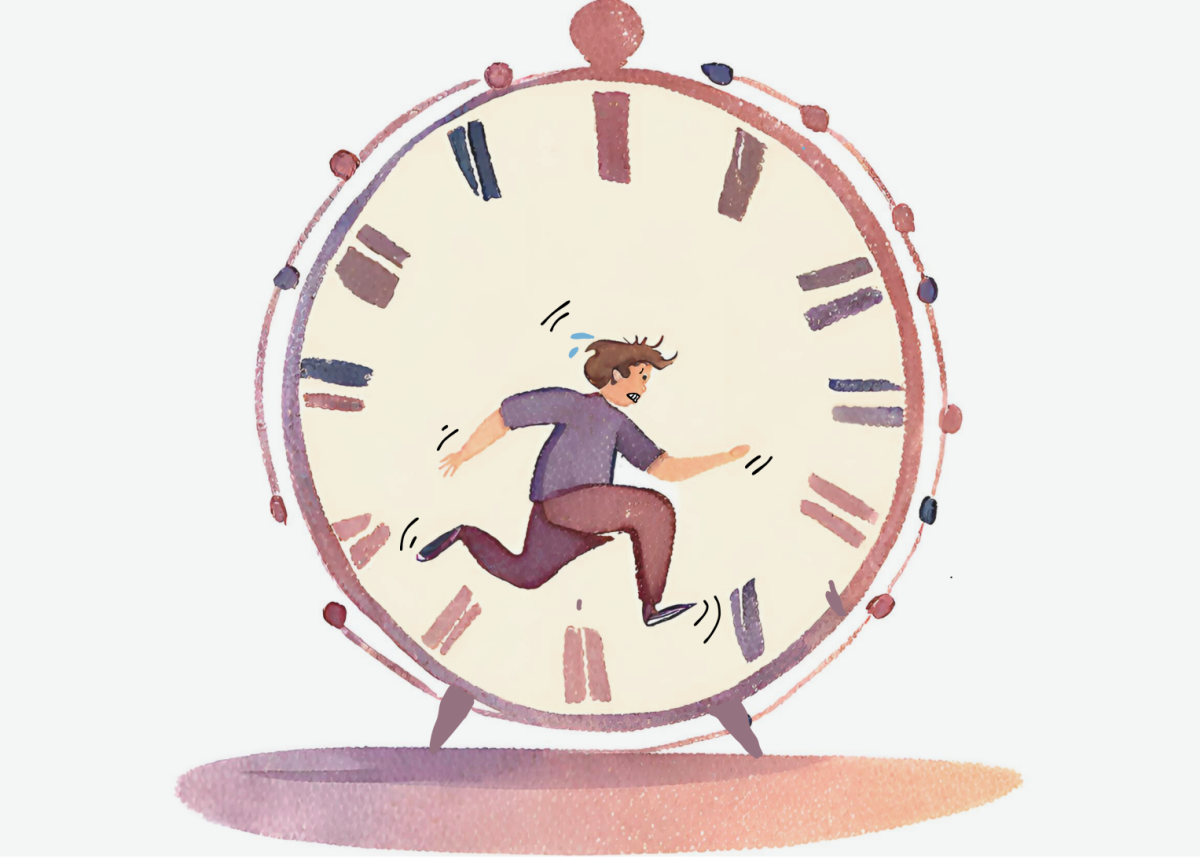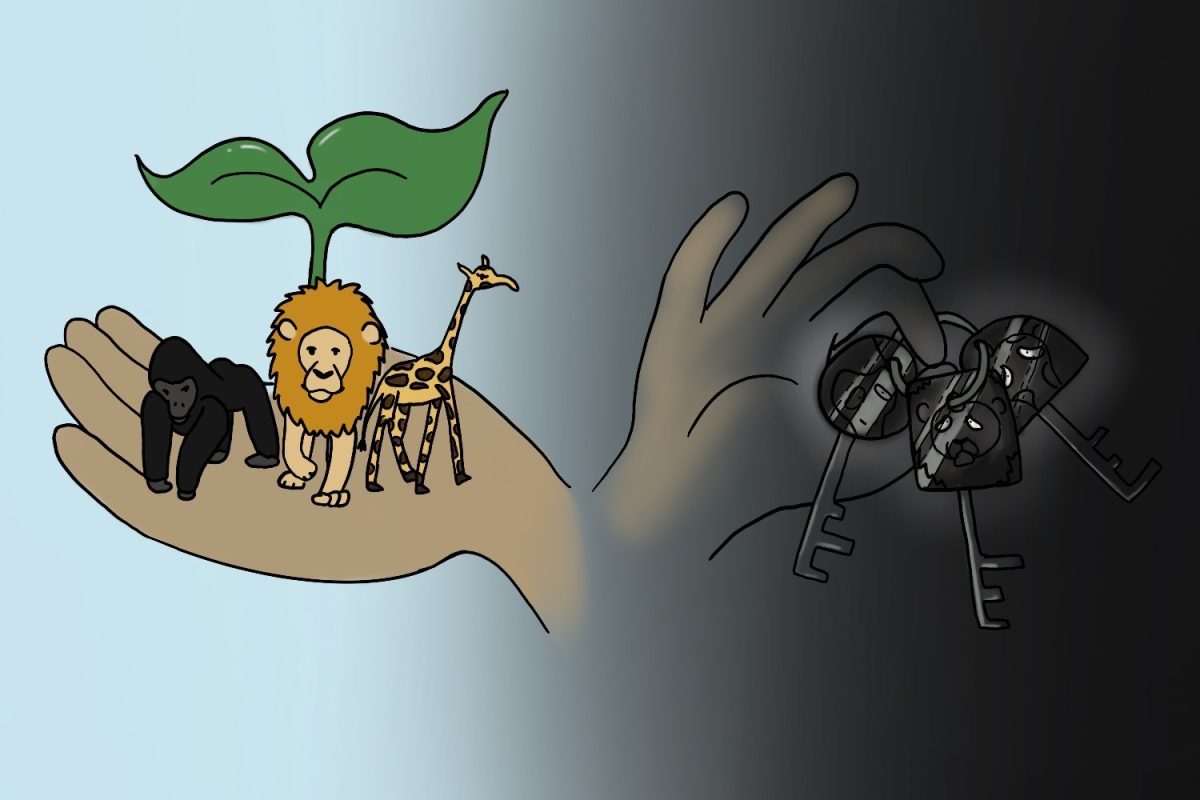In a world that glorifies constant productivity, it becomes imperative to look beyond its veneer and acknowledge the detriments of this lifestyle, which have often been swept aside and hidden away.
“Hustle culture” can be defined as people feeling pressured to work tirelessly, remaining in a constant state of productivity, often without rest, and perpetually striving for success. Hustle culture refers to total immersion in work to the point where one might purposely overwork oneself. Additionally, the culture can be described as a fast-paced environment that leads to long working hours, where one tries to spend as much time at work as possible.
Some people applaud the hustle culture lifestyle because it emphasizes ambition and hard work.
However, according to the World Health Organization and the International Labour Organization (WHO/ILO), exposure to long working hours– over 55 hours per week— contributes significantly to risks of ischemic heart disease and stroke.
Additionally, a meta-analysis has concluded that working these long hours increases the risk of numerous health issues such as cardiovascular disease, anxiety, stress, poor sleep quality, depression, physical inactivity, alcohol use and smoking, and all-cause mortality.
These health risks reveal how harmful the hustle culture is and that it carries a heavy toll. The culture causes work to take priority over one’s health, neglecting the importance of maintaining a work-life balance, ensuring that one’s work does not control one’s entire life and there is time for self-care, relationships with others, and hobbies.
While the hustle culture may offer tempting rewards for the long hours, like professional success or material gain, these potential benefits do not outweigh the numerous health risks imposed. These risks damage one’s well-being and will affect one’s ability to work, causing them to be less productive.
Furthermore, the long hours caused by the hustle culture may lead to burnout. According to Forbes, a study from Deloitte has demonstrated that 77% of people have encountered burnout at their jobs, and 42% have left their jobs because of it. In addition, this outcome stems from the mental and emotional strain caused by extended work hours and the pursuit of unrealistic expectations propagated by hustle culture.
The burnout and health risks stemming from hustle culture’s demands reveal the irony of this lifestyle. While hustle culture may promote productivity and hard work through extended working hours to achieve one’s goals, it ultimately hinders one’s ability to attain success. This approach causes individuals to succumb to these risks, rendering them unable to work to their full potential as they now struggle with health implications and may need to take time off of work to recover.
Additionally, some may argue that hustle culture is beneficial as it advocates ideas of driving oneself to achieve more through hard work, allowing individuals to obtain their goals and cultivate their careers. However, the burnout caused by hustle culture reveals that one may not be able to achieve one’s goals as it reduces one’s energy and keeps people from being productive.
These risks are often overshadowed and ignored, with some individuals boasting about them as achievements. For instance, some will brag about not getting enough sleep because of work.
“Nobody ever changed the world for 40 hours a week,” said Elon Musk, CEO of Tesla and SpaceX, in a tweet.
A positive attitude towards hustle culture and extended work hours is problematic, as they ignore the harmful effects and continue to promote an unhealthy lifestyle of endless to-do lists with little time for rest, causing others to be more inclined to follow this lifestyle.
While some voices advocate for awareness of the toxicity of hustle culture, as evidenced by responses to Musk’s tweet, there is more to be done to fully unveil the harmful effects of hustle culture.












